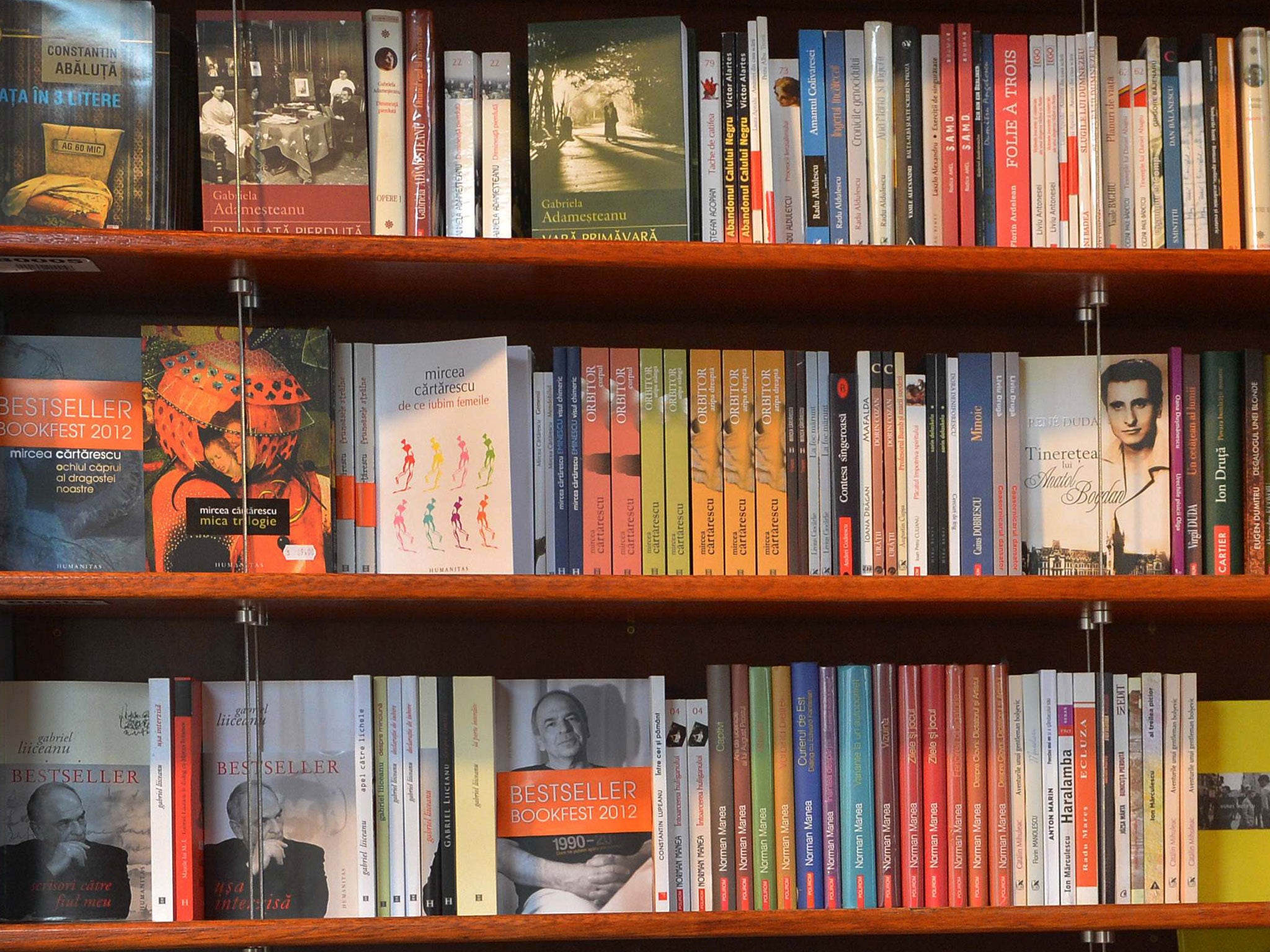The strange absence of women on our cultural landscape, and what I decided to do about it
The Bristol Women’s Literature Festival aims to continue the great feminist tradition of raising the profile of women writers from history

Your support helps us to tell the story
From reproductive rights to climate change to Big Tech, The Independent is on the ground when the story is developing. Whether it's investigating the financials of Elon Musk's pro-Trump PAC or producing our latest documentary, 'The A Word', which shines a light on the American women fighting for reproductive rights, we know how important it is to parse out the facts from the messaging.
At such a critical moment in US history, we need reporters on the ground. Your donation allows us to keep sending journalists to speak to both sides of the story.
The Independent is trusted by Americans across the entire political spectrum. And unlike many other quality news outlets, we choose not to lock Americans out of our reporting and analysis with paywalls. We believe quality journalism should be available to everyone, paid for by those who can afford it.
Your support makes all the difference.I can still remember when I first heard the term ‘cultural femicide’. It was four years ago at an event I organised with the Bristol Feminist Network and Bristol Fawcett Society called Where are the Women. We discussed how few films were directed by women, how few plays were written and directed by women, how music festival line-ups were dominated by men and how newspapers told men’s stories, whilst topless women provided default male readers with something to look at.
‘It’s cultural femicide,’ writer and journalist Bishida explained.
So what is cultural femicide? It’s the way in which women’s stories and lives are silenced by a popular culture that gives priority to men’s narratives. And it has a real impact on women’s lives. This silencing of women’s voices in popular culture creates a ripple effect that sends a message that women’s lives aren’t as worthwhile as the lives of men. Male stories are the default. Women’s stories are “other”.
Finally I had a name that explained the unease I had long felt about the strange absence of women on our cultural landscape. Naming the problem had a galvanising effect. I decided that it was time for me to stop talking about the absence of women and instead do something to reverse it.
It was time to create my own festival and carve out a space where women’s voices, women’s sto-ries and women’s lives could be celebrated – the Bristol Women’s Literature Festival.
To me, the festival has two distinct aims. The first is to hear from women writing today. This is a real and unique opportunity to discover new and established writers who are working across literary forms - novelists and playwrights, poets and filmmakers, academics and journalists. This year, these women include Michele Roberts, Xiaolu Guo, Amy Mason, Samantha Ellis, Helen Mort, Emma Rees, Helen Lewis, Beatrix Campbell, Nimko Ali, Annemarie Jacir and Selma Dabbagh.
The second theme of the festival is focused on re-discovering the forgotten women writers of the past. In doing this, we are continuing the second wave feminist project of bringing ignored and sidelined women artists and writers of years gone by back into the ‘literary canon’ where they be-long.
As with much of our history, the history of literature has been written by men, and written for a default male audience. As a result, the canon can feel like a long list of great, white, male writers. The women working alongside them were pushed aside and or dismissed. Before the 1970s, trying to find a volume of Christina Rossetti’s poetry was incredibly difficult. But thanks to the women who campaigned to celebrate her work, Rossetti is now an icon of Victorian poetry.
The Bristol Women’s Literature Festival aims to continue this great feminist tradition of raising the profile of women writers from history. That’s why in 2015 we have Professor Helen Hackett introduing the women writers of the Renaissance. These often forgotten and ignored contemporaries of Shakespeare demand our attention and deserve to be recognised as part of our literary heritage - just as Bill’s male contemporaries are.
Four years ago I was given the words to describe the impact women’s cultural absence has on all women. Three years ago I set out to kick back at suppression of women’s stories by organising a festival that would give women writers a voice. It’s taken a lot of work and a lot of emotional labour, but as the second Bristol Women’s Literature Festival gets ready to kick off on 14th March, I believe I have achieved my aim of bringing women’s work and women’s stories to the forefront, and challenging this cultural femicide that has kept us silenced and sidelined for too long.
Join our commenting forum
Join thought-provoking conversations, follow other Independent readers and see their replies
Comments